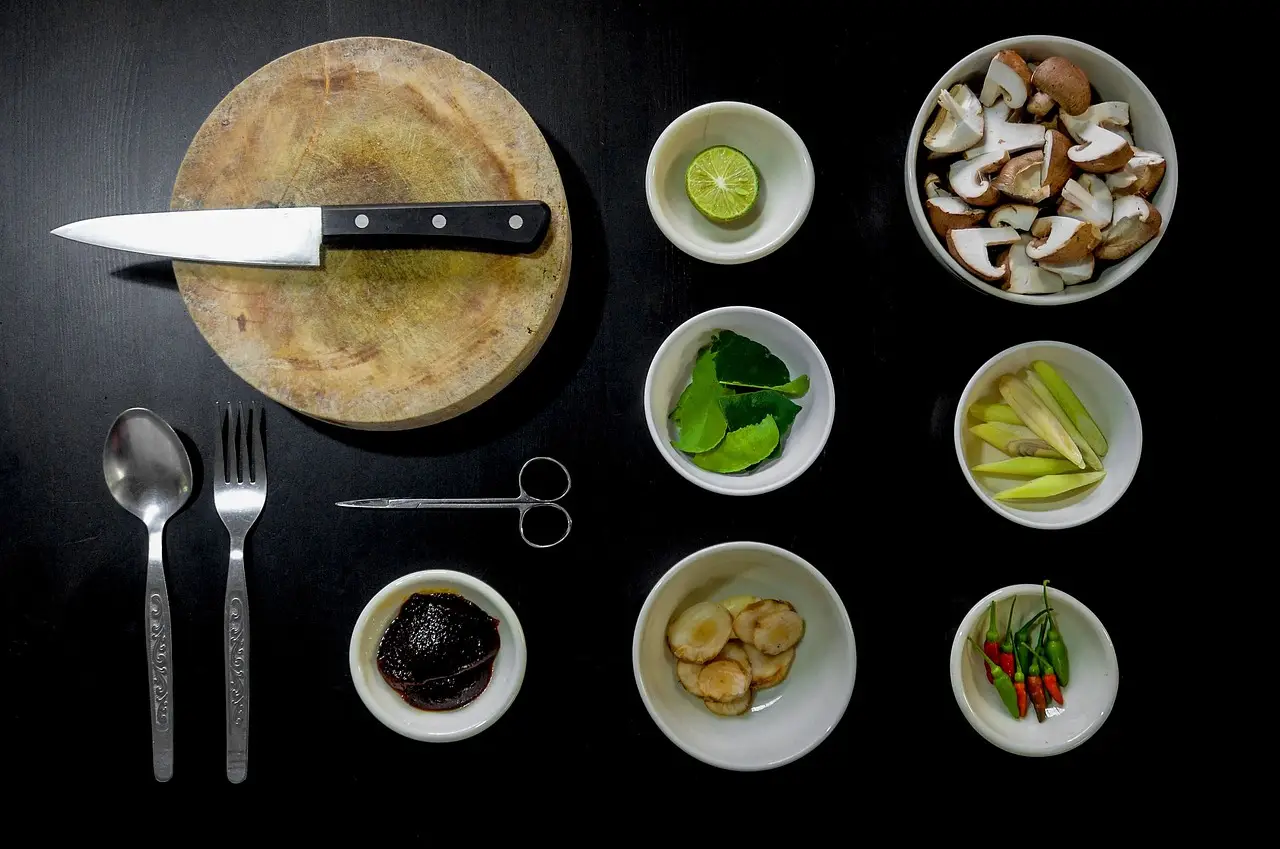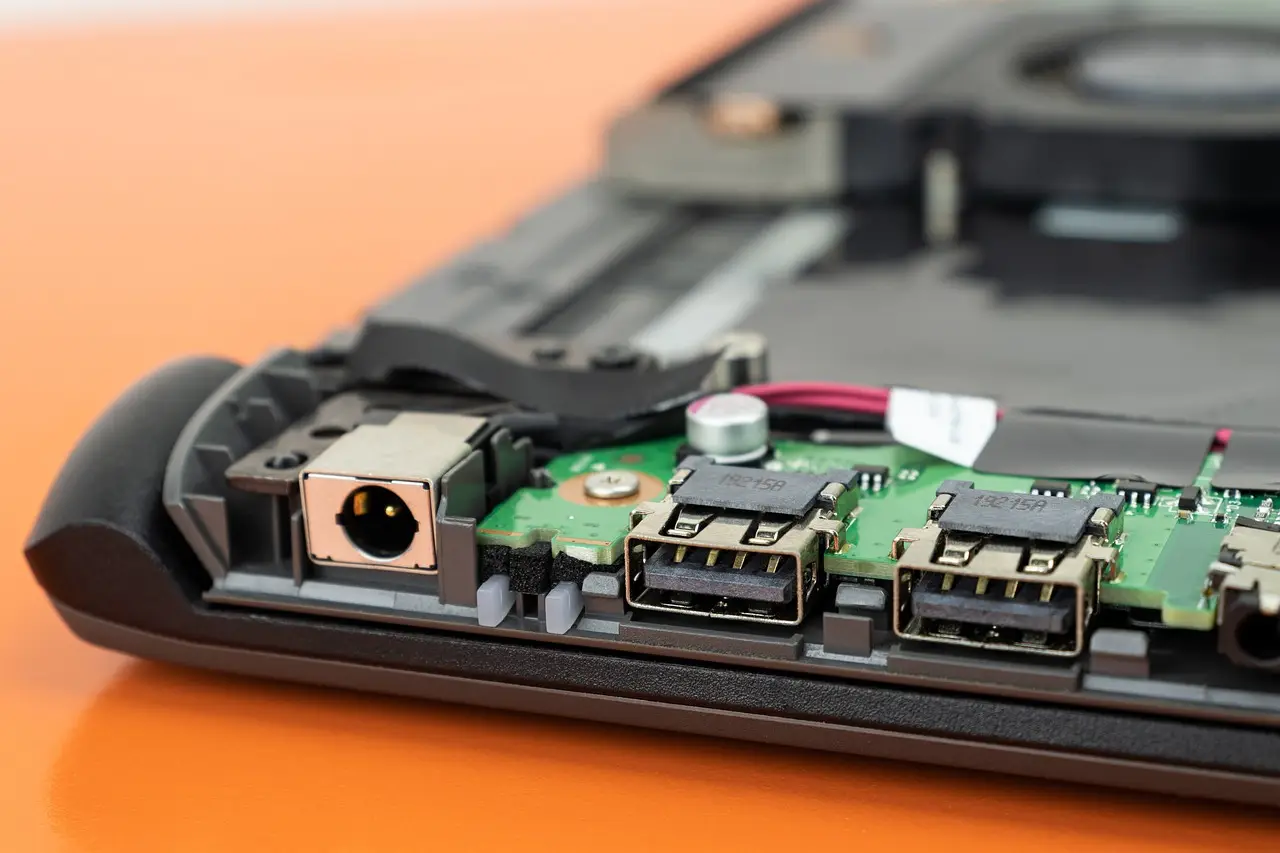The Influence of Meal Planning on Your Kitchen Routine
In recent years, meal planning has gained significant traction among individuals and families aiming to streamline their kitchen routines. This practice not only supports healthier eating habits but also enhances the overall efficiency of meal preparation. As we delve into this topic, the keyword "kitchen tips" will be central to our exploration of how meal planning can revolutionize your time in the kitchen.
Understanding Meal Planning
Meal planning involves the thoughtful preparation and organization of meals in advance, typically for a week. This proactive approach comes with numerous benefits:
-
Saves Time During the Week: By dedicating time to plan meals, individuals can avoid the last-minute rush of deciding what to cook. With a plan in place, grocery shopping and cooking can become more efficient, allowing for a smoother week ahead.
-
Reduces Food Waste: When meals are planned, ingredients can be bought and used more effectively, leading to less spoilage and waste. This is not only environmentally friendly but also cost-effective.
-
Promotes Healthier Eating Habits: Meal planning allows people to be more intentional about their dietary choices, ensuring that they incorporate nutritious ingredients and avoid unhealthy last-minute takeout options.

Essential Kitchen Tips for Effective Meal Planning
Create a Weekly Menu
One of the foundational kitchen tips for effective meal planning is to create a weekly menu. This involves taking your family’s schedule into account, including busy days when quick meals are necessary. Incorporating a variety of recipes can make meals more exciting and nutritious. Striking a balance of protein, vegetables, and carbohydrates in your weekly plan ensures well-rounded nutrition for your family.
Grocery Shopping Strategies
Once you have your menu in place, make a detailed shopping list based on your meals. Organizing your grocery list by store sections can make your shopping trip more efficient, saving time and reducing impulse buys. Additionally, keep an eye on seasonal produce, which can lower costs and increase the freshness of your meals.
Batch Cooking Basics
Batch cooking involves preparing large quantities of meals at once, which can save you time and effort throughout the week. Some useful kitchen tips for successful batch cooking include labeling containers and ensuring proper storage. Recipes such as soups, stews, and casseroles lend themselves well to batch cooking, allowing you to enjoy home-cooked meals with minimal effort on busy days.
Utilizing Leftovers
Creative use of leftovers can transform your meal planning strategy. For instance, turning leftover roasted chicken into a flavorful soup can breathe new life into previous meals. Storing leftovers properly is crucial for maintaining freshness; consider clear, labeled containers to improve organization. Additionally, planning meals that use similar ingredients can help minimize waste and make grocery shopping easier.

Organizing Your Kitchen for Meal Planning Success
Decluttering the Kitchen Space
An organized kitchen is crucial for effective meal planning. Regularly decluttering your pantry and refrigerator can make it easier to find ingredients and store meals. A clean workspace not only increases efficiency but also makes cooking a more enjoyable activity.
Investing in Meal Prep Tools
Certain kitchen tools can significantly enhance meal planning effectiveness. Essential items might include containers for storage, sharp knives for quick chopping, and sturdy cutting boards. Investing in time-saving gadgets like a slow cooker or pressure cooker can further streamline your cooking process, allowing you to prepare meals with ease.
Creating a Functional Workstation
Designating specific areas in your kitchen for meal planning, preparation, and cooking can help improve workflow. Keeping frequently used items easily accessible can reduce time spent searching for tools or ingredients, making your kitchen routine smoother.
Meal Planning and Family Involvement
Encouraging family members to get involved in the meal planning process can make cooking more enjoyable and foster closer relationships. Involving kids in recipe selection and cooking not only teaches them valuable kitchen skills but also promotes a sense of responsibility and teamwork. Shared meal prep can become a bonding experience, turning cooking into a fun, family-focused activity.
Transforming Your Kitchen Routine Through Meal Planning
In summary, meal planning can dramatically transform your kitchen routine, enhancing not only efficiency but also the enjoyment of meals. By following these kitchen tips and embracing the practice of meal planning, you can cultivate a more sustainable and enjoyable cooking environment. Start viewing meal planning as a worthwhile investment in your health and family life.
Share Your Kitchen Tips and Meal Planning Experiences
We invite you to share your meal planning experiences and any kitchen tips you have found helpful. If you’re eager for more insights on meal planning and kitchen efficiency, consider subscribing for regular updates and ideas to enrich your culinary journey.












